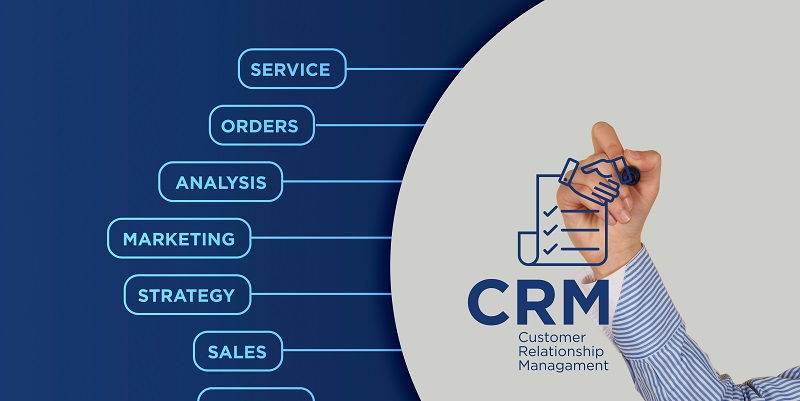In the fast-paced and competitive world of real estate, agencies strive to stay ahead by enhancing operational efficiency and strengthening customer relationships. One of the most impactful ways to achieve these goals is through the implementation of a custom Customer Relationship Management (CRM) system. While generic CRM systems provide the basics, they often fail to meet the unique needs of real estate professionals. In this article, we will explore how a real estate-specific custom CRM can revolutionize client management and property listings, ultimately giving agencies a competitive edge in the market.
Limitations of Generic CRM Systems
Generic CRM systems, although widely used, often fall short of delivering the industry-specific functionalities required by real estate agencies. These generic systems may not fully support the complex needs of real estate professionals, leading to inefficiencies and missed opportunities. A custom CRM system, on the other hand, is tailored specifically for the real estate industry, offering advanced client management capabilities that address the specific challenges faced by agents.
Advanced Client Management Capabilities
Client management is at the heart of any successful real estate agency. A custom CRM empowers agents by providing them with robust tools to easily track and manage client interactions, preferences, and history. This comprehensive view of each client allows agents to offer personalized experiences, resulting in stronger relationships and increased customer satisfaction. From tracking communication history to identifying client preferences, a custom CRM makes it effortless to provide exceptional service.
Real-Time Property Listing Management
Managing property listings is a multifaceted task that demands constant updates on availability, features, and pricing. Real estate-specific custom CRMs offer real-time management solutions, ensuring that your listings are always current and accurate. By integrating data feeds, website integration, and automated notifications, agents can effortlessly keep track of property details, making it easier to match clients with their ideal properties and increasing the likelihood of successful transactions.
Unlocking the Power of Automation
Automation is a game-changer for real estate agencies seeking to optimize operational efficiency. A custom CRM system can automate repetitive tasks that would otherwise consume valuable time. From sending out new listings and newsletters to scheduling reminders for follow-up calls, automation frees up agents’ time, allowing them to focus on more meaningful client interactions. By streamlining administrative work, agents can dedicate their energy to nurturing client relationships and driving business growth.
Gaining a Competitive Edge
Investing in a custom CRM system goes beyond just improving day-to-day operations. It provides real estate agencies with a significant competitive advantage in the market. The advanced features and tailored functionalities offered by a custom CRM enable agencies to deliver a superior customer experience. By delivering timely and relevant information, agents can effectively anticipate client needs, provide targeted recommendations, and ultimately close deals faster. This competitive edge can result in increased customer loyalty, improved sales performance, and a stronger market position.
In today’s dynamic real estate industry, leveraging technology is crucial for agencies to thrive. Investing in a custom CRM system tailored to meet the specific needs of real estate professionals is a strategic decision that can revolutionize operations and enhance customer relationships. By harnessing advanced client management capabilities, real-time property listing management, and the power of automation, real estate agencies can significantly improve efficiency and gain a competitive edge. Embrace the potential of a custom CRM system and unlock a new era of success in the realm of real estate.

